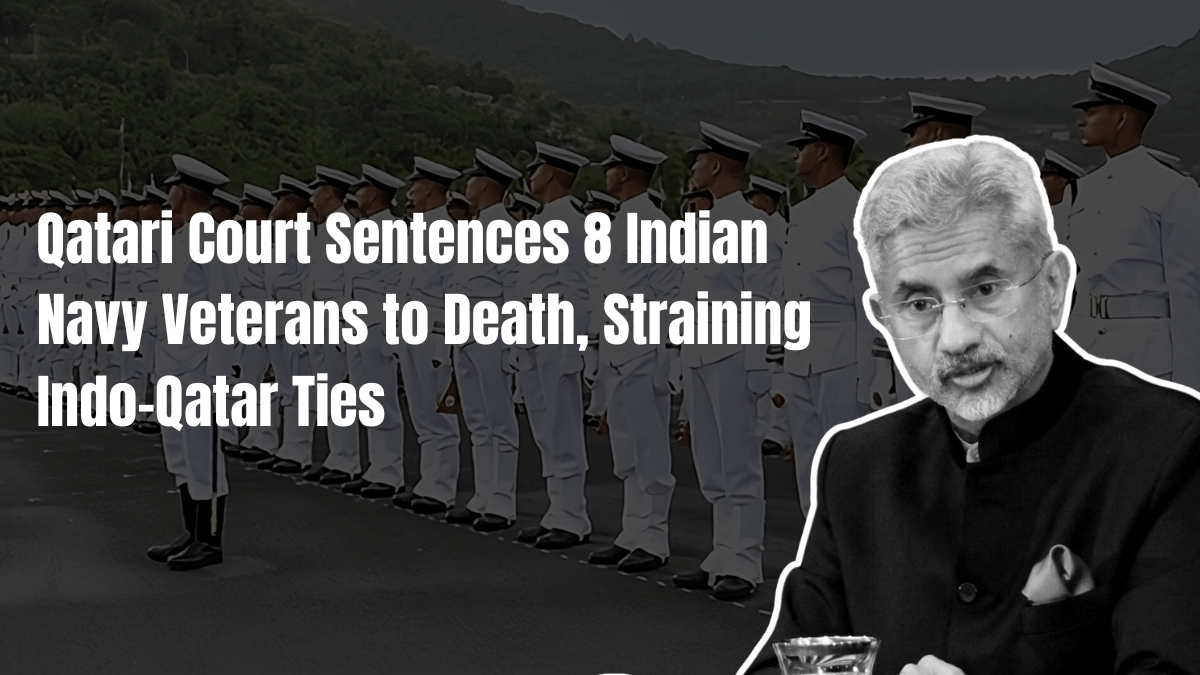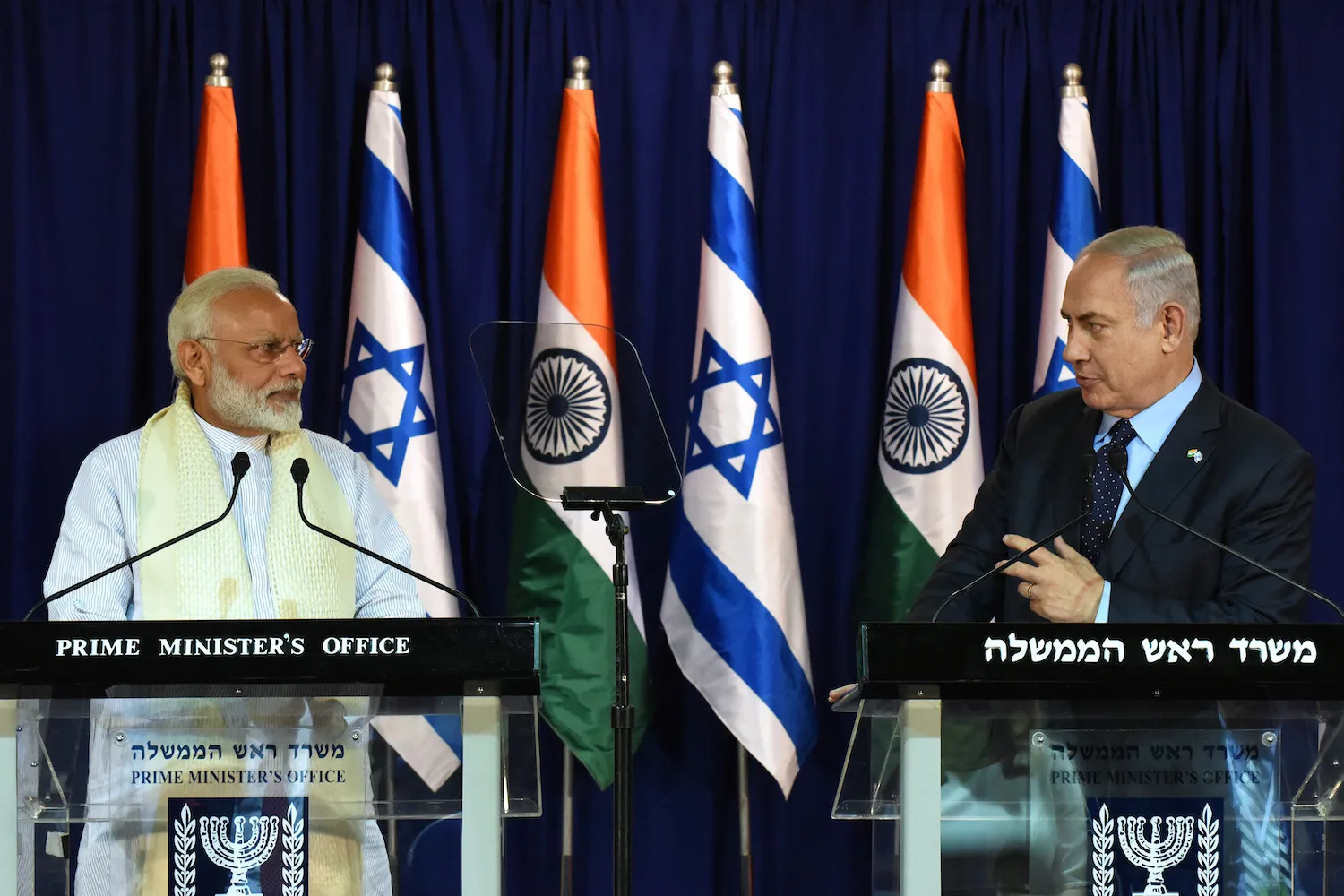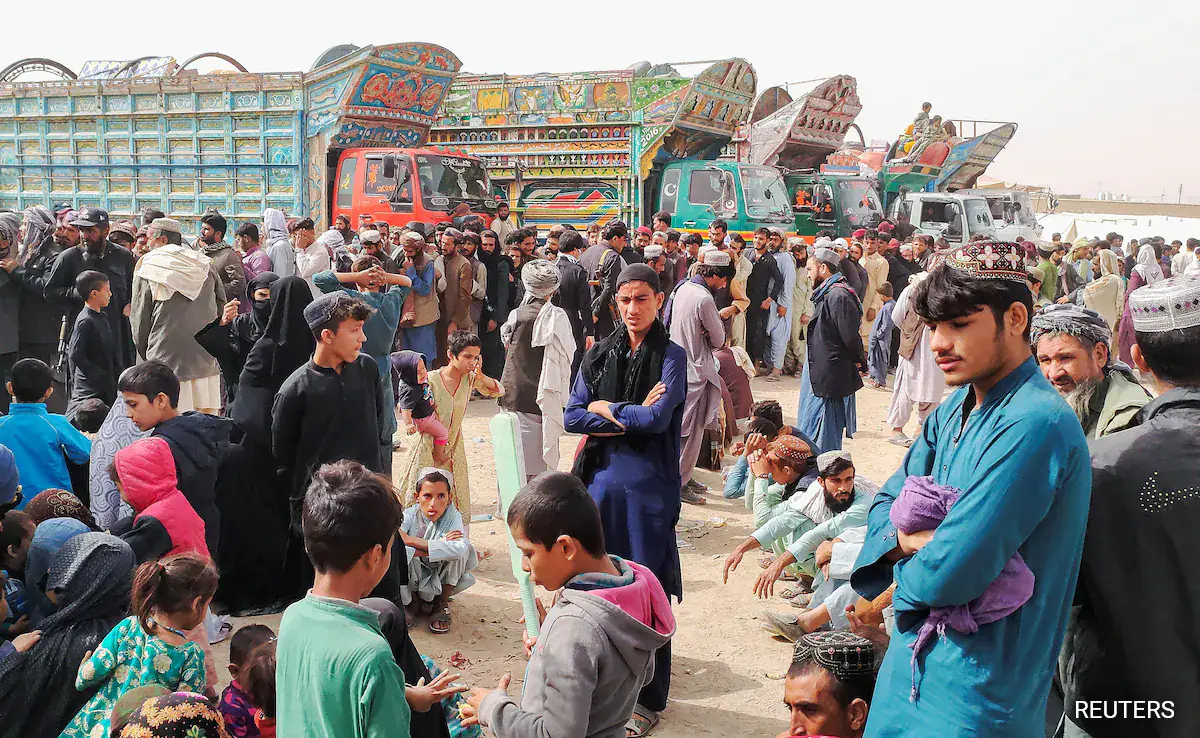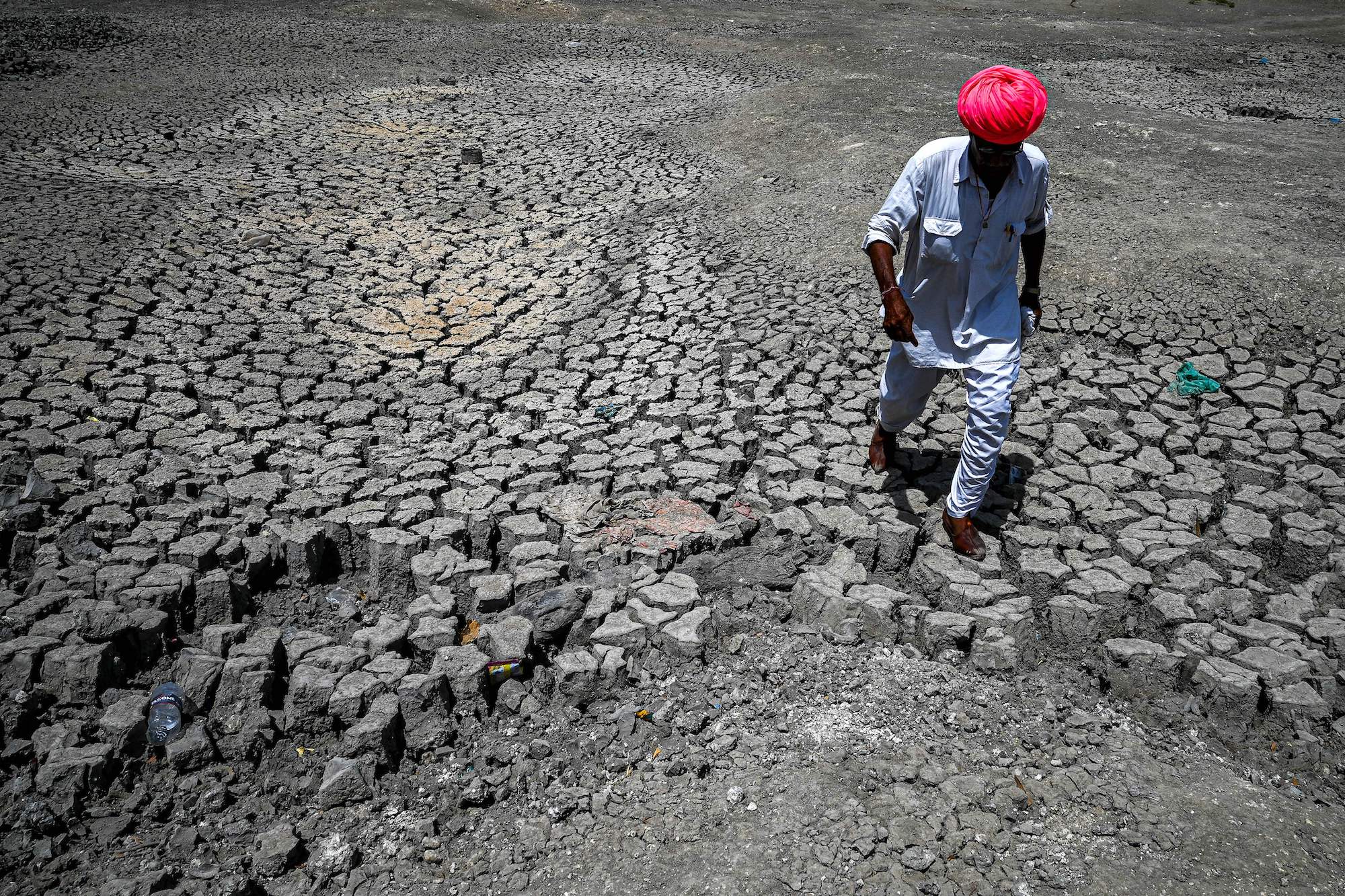India and Qatar were going to commemorate 50 years of diplomatic ties in 2023. On October 26, however, eight retired Indian navy men who had been employed by the Al Dahra firm were given the death penalty by the Court of First Instance of Qatar, a collegiate court that hears civil and criminal issues. Both countries were shocked by this unexpected ruling.
Captains Navtej Singh Gill, Birendra Kumar Verma, Saurabh Vasisht, Amit Nagpal, Purnendu Tiwari, Sugunakar Pakala, Sanjeev Gupta, and Sailor Ragesh are the eight retired navy soldiers who are being detained on death row.
The Indian Ministry of External Affairs expressed their profound dismay at the death penalty decision in a press release after learning of this upsetting development. They underlined that they are considering all of their legal options and are in communication with the family and legal counsel. They did not, however, speak further at that time because the case procedures were confidential.
Apart from the eight navy personnel who were sentenced to death, Al Dahra also notified seventy-five other Indian nationals that their visas had expired and that their final day of work would be May 31. With the understanding that they would get a severance payment in line with their contracts, they were instructed to depart Qatar. It’s important to remember that Khamis Al-Ajmi, the CEO of Al Dahra, was eventually freed.
The CEO of Dahra Global, Khamis Al Ajmi, formed a new business named Advanced Services and Maintenance with the help of two French nationals, according to a Sunday Guardian investigation. All of Dahra’s assets, including office premises, contracts, and non-Indian staff, were being assumed by this new business.
On November 4, 2022, former navy chief admiral Arun Prakash tweeted about the matter, questioning the Indian navy personnel’s arbitrary detention in solitary confinement and requesting an examination of the joint naval exercises and India-Qatar military relations.
Serving as the company’s managing director, Captain Purnendu Tiwari was recognised in 2019 with the Pravasi Bharatiya Samman award for his efforts to fortify India and Qatar’s bilateral ties. He was the only member of the Indian military to be awarded this esteemed title. According to his LinkedIn page, Sugunakar held the position of additional general manager overseeing submarine repairs at Hindustan Shipyard in Visakhapatnam from 2016 to 2018.
The eight former Indian Navy soldiers are accused of espionage, which is at the core of the issue. They were charged with working as Israeli spies on Qatar’s covert plot to acquire cutting-edge Italian-built submarines coated in difficult-to-detect metamaterials. With the acquisition of U212 sophisticated submarines that can elude radar detection, Qatar hopes to become the second nation, after Iran, to operate submarines in the Arabian Gulf. The construction of a naval station and the provision of naval warships were also included in the agreement between Qatar and the Italian shipbuilding company Fincantieri, which included this submarine project. In 2017, the two countries inked a five-billion-euro defence agreement.
In 2020, Barzan Holding, acting on behalf of Qatar’s Ministry of Defence, and Fincantieri, an Italian company that specialises in warships, oil tankers, and submarine platform supply vessels, signed a Memorandum of Understanding. However, as of May 2, 2023, Fincantieri disclosed that, in accordance with a 2016 agreement with the Qatari Ministry of Defence, it was still working on other surface warships while having no active contracts for submarines with Qatar.
Qatar intends to challenge the military status quo in the region, especially Israel’s military and diplomatic superiority, and become a regional security player. This is demonstrated by its aim to acquire submarines and cutting-edge military technologies in the Persian Gulf.
A retired Western intelligence agency officer told the independent daily Blitz that each of the Indian navy members who were arrested had received a sizable payment from the Israeli Mossad. The Israeli Mossad plot was thwarted, according to Qatar State Security, the country’s intelligence agency. This was considered to be in the best interests of the country. The insider went on to say that Indian citizens were being recruited by the Israeli Mossad as moles or agents in an effort to penetrate other sensitive establishments in Qatar, such as media organisations.
The events of the arrests took place on August 30, 2022, when the eight Indian navy officers who had been employed at Al Dahra for a number of years were taken into custody by Qatar’s intelligence agency, the State Security Bureau. Based on intercepted electronic exchanges, they were charged with spying on Qatar’s submarine programme for the Israeli government. Notably, India was not given access to the evidence supporting these claims.
The arrests were not initially reported to the Indian Embassy until mid-September 2022. A brief phone conversation between the detained navy officers and their separate families was permitted on September 30. The Indian embassy received its first consular access on October 3. In August 2023, Joint Secretary (Gulf) Vipul was posted as the Indian ambassador to Qatar as part of a diplomatic effort to defuse the tense situation and facilitate a return.
Concerns were nevertheless raised about the trial’s advancement. The first hearing was held on March 29, but neither Indian nor Qatari officials informed the relatives of the naval veterans of any evidence or charges. The MEA said on April 6 that the guys would receive legal support from the Indian government. The first half of the year saw a notable increase in legal assistance spending in Qatar, mainly due to the ongoing legal proceedings surrounding the eight former Indian naval officers who had been arrested on undefined allegations.
Eight members of the navy had been employed by Khamis al-Ajm, a retired squadron leader of the Royal Omani Air Force, who ran Dahra Global Technologies and Consultancy Services. The business offered assistance in the fields of communications, information technology, security, aerospace, and defence. Notably, prior to the arrests, the company had listed the Qatari Emiri Naval Force (QENF) as one of its clients. But thereafter, the website changed its name to Dahra Engineering & Security Services L.L.C., and it stopped mentioning its affiliation with QENF.
Concerns regarding Qatar’s compliance with international law have been raised by the way it handled the arrests and trial. The government has come under fire for breaking international standards by failing to properly notify embassies when one of its people is taken into custody. Data showed that foreign nationals made up a sizable portion of people serving death sentences in Qatar, which raised questions about the court system’s impartiality.
The current state of affairs has a major effect on bilateral relations between Qatar and India. Strong bilateral relations have been enjoyed by both nations, with significant defence and commercial collaboration. There is a sizable Indian diaspora in Qatar, and the two countries have $15 billion in bilateral trade, mostly in liquefied natural gas and liquefied petroleum gas. Their relationship has also been significantly shaped by defence cooperation, which includes agreements for training and reciprocal visits.
However, New Delhi faces a difficult task in handling this developing crisis due to the fragile balance in the region, particularly with regard to India’s position on the Israel-Hamas conflict. The situation is made more complex by the timing of these events against the backdrop of regional geopolitical forces.
Following a contentious remark made by a BJP official in July 2022, Qatar demanded that India issue a formal apology, sparking the rift between the two countries. The consequences simmered even after the acute crisis was resolved.
India’s reaction to the eight navy personnel’s detention was cautious. The Indian government has been keeping a careful eye on the legal proceedings, even though it has not applied any direct pressure on Qatar. But other Indian voices have questioned the government’s attitude and possible reasons for doing so, especially in the context of economic interests.
India must look into legal and diplomatic options as this terrible situation develops in order to guarantee the eight navy personnel’s death sentences being revoked or released. Given their shared history of collaboration, Qatar and India ought to endeavour to reach a settlement that upholds the rights and dignity of all parties concerned.
Apart from attending to the current problem, India ought to endeavour to enhance the welfare of its nationals and detainees in Qatar. The welfare of the more than 600 other Indian inmates in Qatar ought to come first.
To sum up, the problem concerning the eight Indian navy sailors in Qatar is intricate and delicate, with significant ramifications. Dialogue and diplomacy are essential if both countries are to reach a solution that respects human rights and international norms while maintaining their long-standing bilateral relationship.








